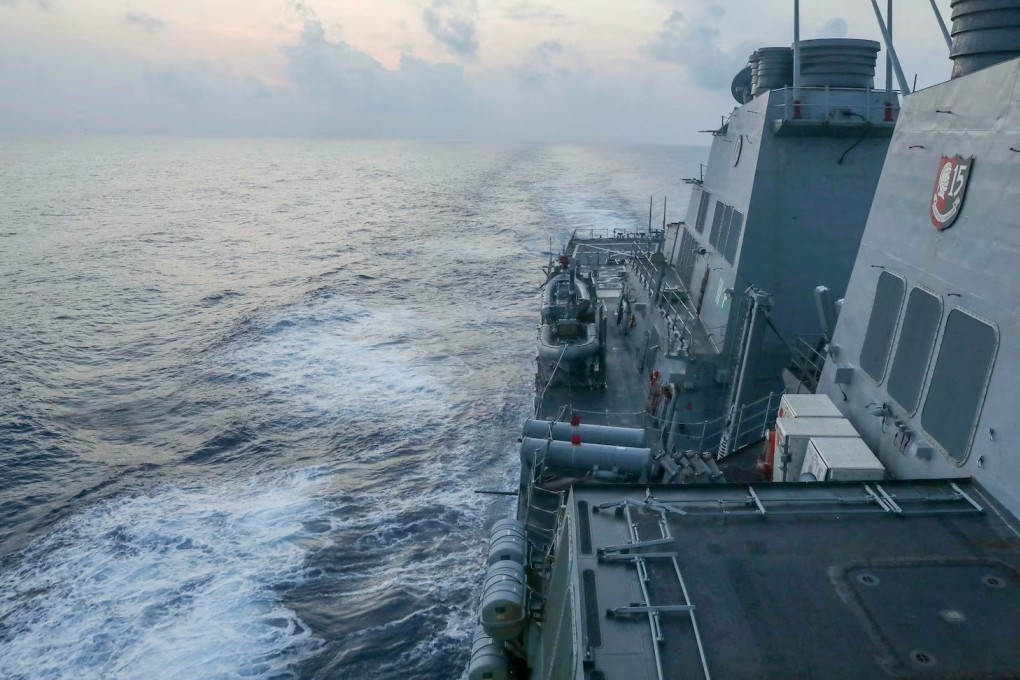Advertisement
Opinion | How demilitarisation can ensure peace and stability in the South China Sea
- China and Asean claimants could draw inspiration from the four-point formula Pakistan used to try to resolve its Kashmir stalemate with India
- This would involve agreeing on shared sovereignty and joint economic development, with a binding code of conduct the goal, and eventual settlement of disputes an added bonus
Reading Time:4 minutes
Why you can trust SCMP
7

China has renewed its push to settle a code of conduct with Asean in the South China Sea, days after it said it was willing to pledge allegiance to the Southeast Asia Nuclear Weapon-Free Zone. In particular, the Chinese state-backed Global Times stressed that the code of conduct should focus on crisis management rather than dispute resolution. These proposals may seem questionable but they could pave the way for improved security and stability in the South China Sea.
Advertisement
As it stands, the long-running disputes in the South China Sea benefit China, allowing it to flex its military muscle and show its assertiveness whenever any member of the Association of Southeast Asian Nations has a policy clash with Beijing or strengthens security ties with the United States.
Just as China-India border tensions led to the fatal Galwan Valley skirmish – triggered by infrastructure investments in the disputed border area and not helped by India’s strategic partnership with the US – such eruptions could unfold in the South China Sea if territorial disputes are merely subject to crisis management, instead of a long-term solution.
Southeast Asian countries have long faced Chinese harassment due to their fishing and energy exploration in the disputed South China Sea. Beijing is expected to object to the Indonesia-Vietnam agreement to demarcate their boundaries in their exclusive economic zones, which could undermine its interests, and has raised concerns about Malaysia’s gas exploration activities in areas it also claims.
If these disputes are resolved without China’s input, Beijing would be left with economic and diplomatic coercion, which would only draw more media attention and further strain relations. For example, China’s economic boycott of Australia and diplomatic squabble with Estonia during the Covid-19 pandemic led to a strong collective resistance and hardening of anti-Beijing discourse from Canberra to Brussels.
Advertisement
Still, the proposal to consider the code of conduct as a mechanism for crisis management in the South China Sea could be a stepping stone to peace.

Advertisement
